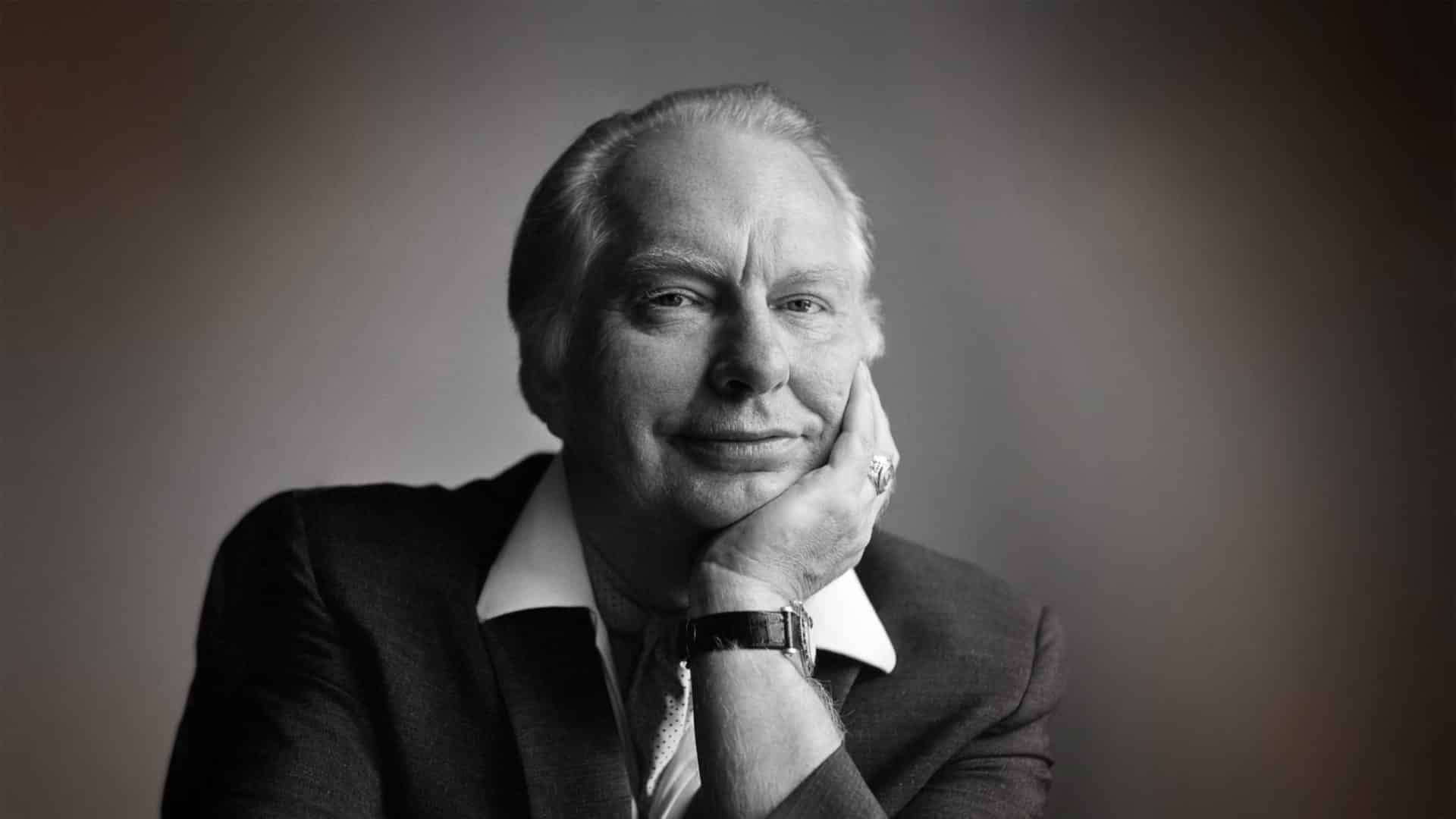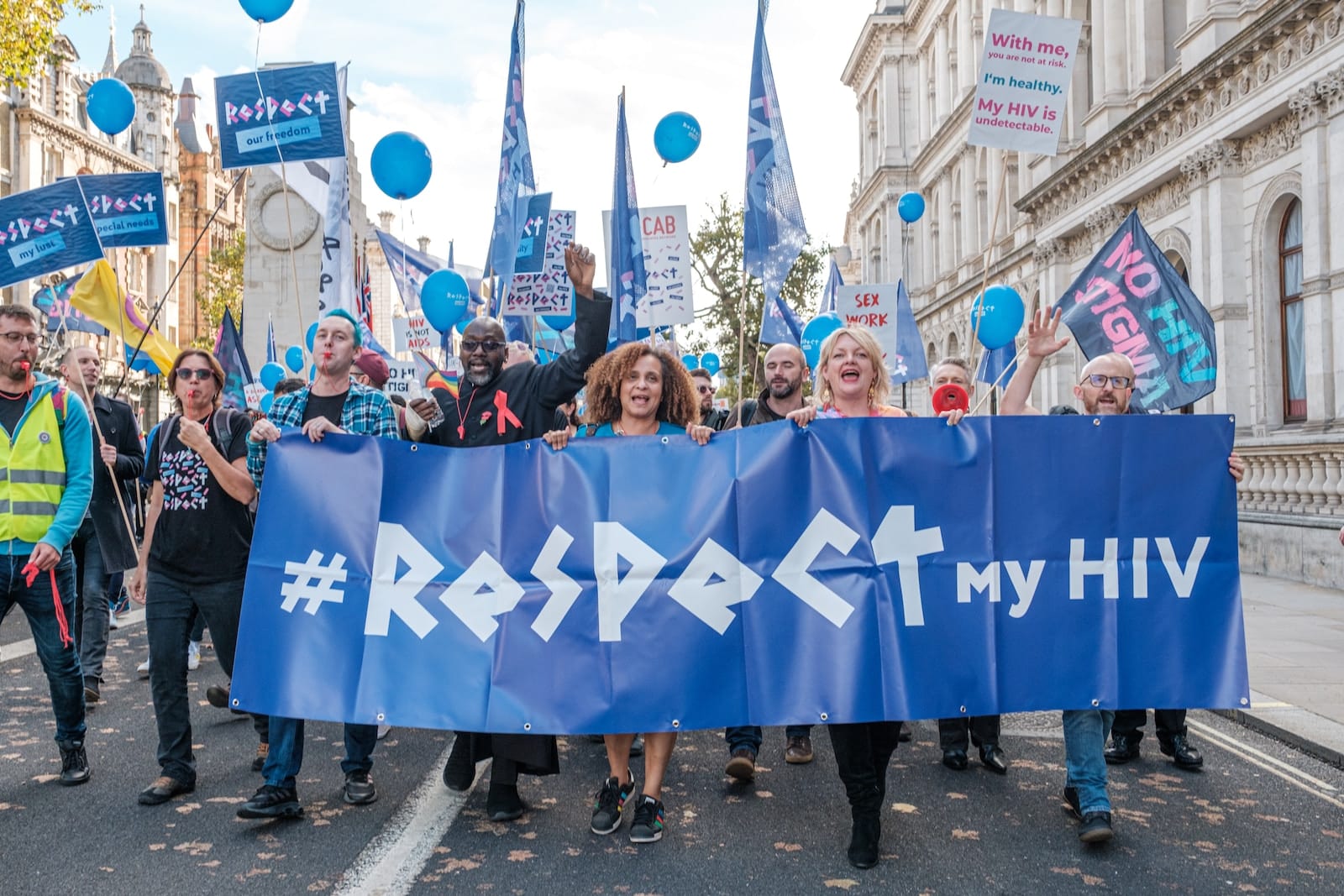In the City of Jerusalem, on March 1 and 2, 2023, the President of the “World Congress of Intercultural and Interreligious Dialogue, A Path to Peace“, Mr Gustavo Guillermé, presented the Project 2023-2045 for peace.
The first forest of the American Continent Chapter, “A Path to Peace in Memory of the Victims of the Shoah“, was inaugurated. The place chosen was the Ben Shemen forest, 45 km from the Holy Land of Jerusalem, as it is the park of Argentine-Israeli friendship.
Guillermé, who from the beginning coordinated the project with the Israeli Embassy in Argentina, the Keren Kayemeth LeIsrael Foundation and the Simon Wiesenthal Center, was very happy that the first forest was planted in Israel, as the beginning of a longer project to be completed in 2045, where 6 million trees will be planted in each of the 5 continents, to commemorate the centenary of the end of the Shoah.
The entire project is being carried out in collaboration with Keren Kayemet LeIsrael (KKL), one of the most important Jewish organizations that has existed for over 120 years and focuses on reforestation, education and other universal values, and the Simon Wiesenthal Center, a Hebrew institution dedicated to documenting the victims of the Shoah and keeping records of Nazi war crimes.
For the first realization of this gigantic project, Guillermé had the support of members of the Church of Scientology from Argentina, Europe, Italy and Israel, who were enthusiastic about contributing to a project of these characteristics, since it is a positive way of remembering the victims, creating new life, which is perfectly aligned with the legacy of Ron Hubbard (founder of Dianetics and Scientology), and decided to dedicate it to him as his 112th birthday approaches on March 13.
The various events included a sapling planting, a visit to the Knesset (Israeli parliament) organized by MP Danny Danon, and a guided tour of the internationally known Yad Vashem memorial, which was crowned with the unveiling ceremony of the plaque in the forest. The delegation included Gustavo Guillermé as President of the World Congress of Intercultural and Interreligious Dialogue Gustavo Libardi as President of the Church of Scientology Argentina, joined by the European Representative of the Office of Ron Hubbard, Jetmira Cremonesi, the President of the European Office of the Church of Scientology for Public Affairs and Human Rights Iván Arjona, as well as local representatives of Scientology in Israel, parishioners from Argentina, Belgium, Israel, and were directly supported by the Italian Association for Tolerance and Human Rights.
“Growing plants and keeping Israel green is both a science and an art,” says the Keren Kayemeth LeIsrael organization’s website. “KKL’s three tree and plant nurseries, located in the southern, northern and central regions of the country, are laboratories where different species of trees and plants are grown for Israel’s forests and open spaces,” the website continues.
To learn more about one of the most successful tree-planting projects in the world, the delegation of Scientologists visited the “Eshtaol Nursery”, managed by the KKL. It is located north of Beit Shemes and near Ta’oz and Neve Shalom, south of the Tel Aviv-Jerusalem highway. Eshtaol is west of the Martyrs’ Forest and, being one of the largest forests in Israel, has become a popular recreation area with an 8-kilometre hiking trail.
The experts in charge of the area informed them that the nursery “supplies trees and shrubs for the central region of Israel, all the way to Yokne’am in the north. There are not many sites left for planting new forests in this area, so more than 350,000 seedlings are grown annually for forest renewal, replacement of burned trees, and public and urban spaces.“
Through the expert’s explanations, the philosophy, according to the Jewish vision, of the importance of planting trees was addressed.
For example, the website states that “the Bible compares trees to people and, like people, they speak, expressing their needs and general state of well-being through their size, colour, trunk density, etc. KKL-JNF nursery workers learn to communicate with trees, and they know that communication is good when they produce healthy trees that survive and thrive.” It is also a way to “improve on one’s own abilities, the imperfections that this world has, and it sets people up to be industrious and proactive” the expert stated.
“Being industrious is one of the ingredients expressed by the founder of Scientology, Ron Hubbard, in his non-religious work ‘The Way to Happiness’ for each person to have a better life” replied Arjona, who was fascinated by the parallels they found in common in both Judaism and Scientology which he “hopes will help to further increase our cooperation to help take care for the planet, because it is the home of all God’s creations, and where we can help each other to be closer to each other’s concept of Infinity, which is the main word in Scientology when we refer to God,” concluded Arjona.
“Eshtaol Plant and Tree Nursery have provided trees for special occasions, such as tree plantings by visiting heads of state at the KKL-JNF Forest of Nations, for ambassadors and others,” its website says.
In a relentless pursuit of the happiness of all humanity and a more sustainable environment in which to achieve it, the Scientologists’ delegation pledged to help raise awareness of the need to plant trees around the world, agreeing with the words of Ron Hubbard when he wrote in 1981 that:
“If others do not help safeguard and improve the environment, the way to happiness could have no roadbed to travel on at all”
Gustavo Guillermé travelled to Tel Aviv to visit the Scientology Center, as he does with every religious movement that aspires to a present and a future of peace.
The presentation ceremony took place at the “reception point” of the forest, which includes plaques to great personalities of the political and judicial world in Argentina and elsewhere. The plaques are placed on a nice set of totems, which allows to include the different people or organizations that have contributed greatly to the establishment, reforestation and maintenance of the forest.
Gioia Menascé, Representative of the Latin American section of the KKL made the introduction, thanking especially Guillermé and the delegation of Scientologists for supporting this much-needed project.
Menascé of the KKL introduced Ivan Arjona, who then thanked the KKL and Mr Gustavo Guillermé, as well as the various supporters,
“for honoring us with the possibility of contributing to such a just cause as it is remembering the victims of the Shoah, while at the same time contributing greatly to the protection of the environment in the Holy Land”.
Next, it was the turn of Ms Cremonesi, from Ron Hubbard’s office in Europe, who, joining Arjona in thanking Guillermé and the KKL, mentioned how the Founder of Scientology, Ron Hubbard,
“was passionate that each one of us should take maximum responsibility for our environment and affect it positively”.
Ms Jetmira Cremonesi
She was grateful to have been entrusted and allowed to contribute to this incredible project and even more, to do so in the name of Ron Hubbard, thus following his legacy and these words he published as early as 1981 in his book “The Way to Happiness”:
“TThere are many things one can do to help take care of the planet. They begin with the idea that one should. They progress with suggesting to others they should. Man has gotten up to the potential of destroying the planet. He must be pushed on up to the capability and actions of saving it. It is, after all, what we’re standing on.”
Ron Hubbard
Gustavo Guillermé, the visionary of the project, was in charge of closing the ceremony just before unveiling the plaque.
Among other things, he said:
“I feel honored because as I said yesterday at the Scientology headquarters in Tel Aviv… it is interesting that today I am doing something not only for the Jewish community, but also recognizing something that Hubbard already advanced to us several decades ago, about the importance of planting trees to give life. So for us it’s also very important. Thank you for joining us.”
And Guillermé concluded:
“The truth is that it is an honor that after 14 months we are here inaugurating our first forest, in this case the forest of the American Continent chapter and to be in Israel in the Holy Land, starting here this long journey that will be from 2023 to 2045, when the 100th anniversary of the aberrant Shoah will take place. I think honoring life, which is what a tree represents, for us is to humbly represent the life of each one of them. So we are very happy to be here today. And I thank Keren Kayemeth LeIsrael, the Simon Wiesenthal Center and the members of Scientology for their support to such a noble and necessary cause”.
























